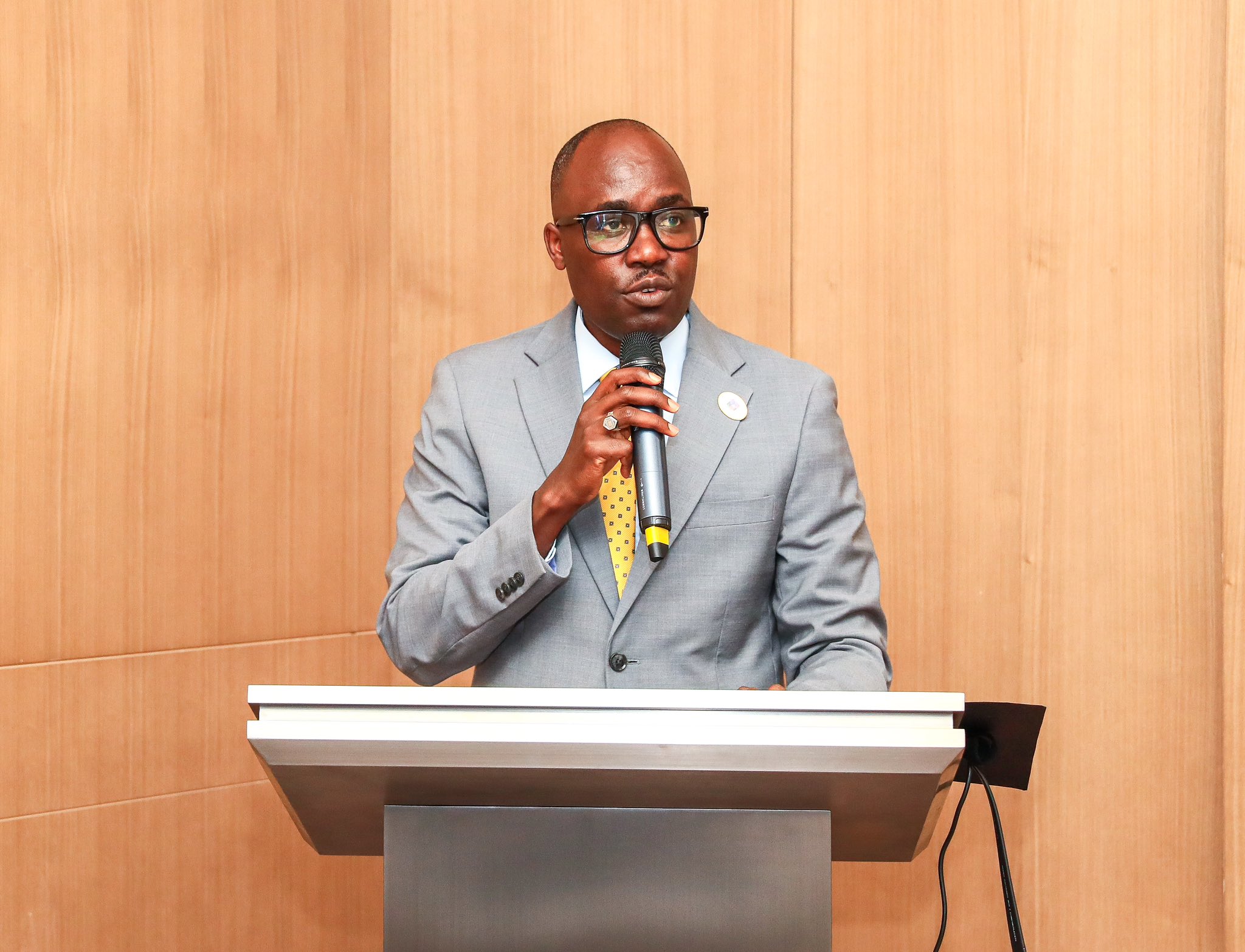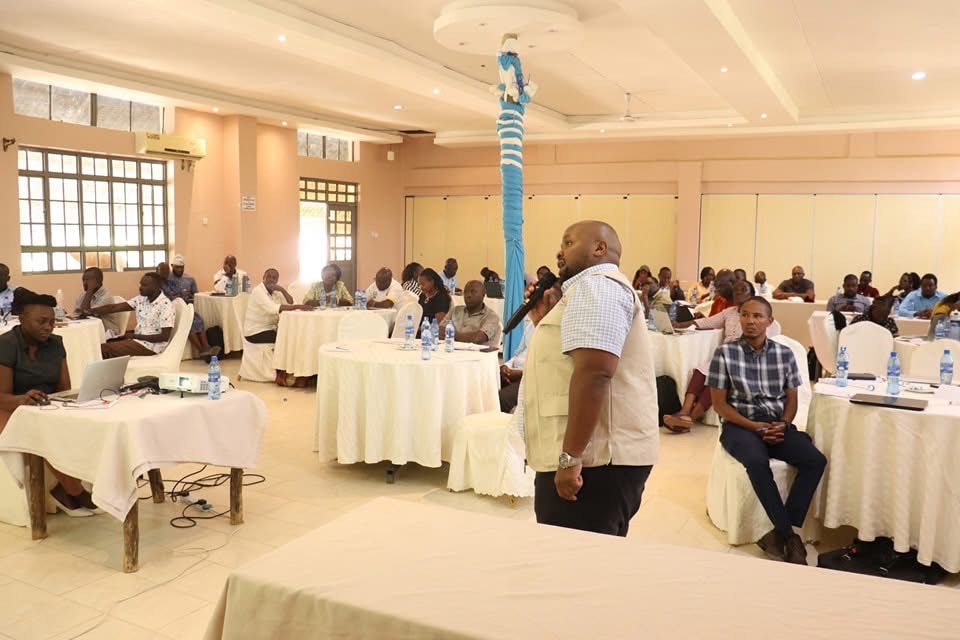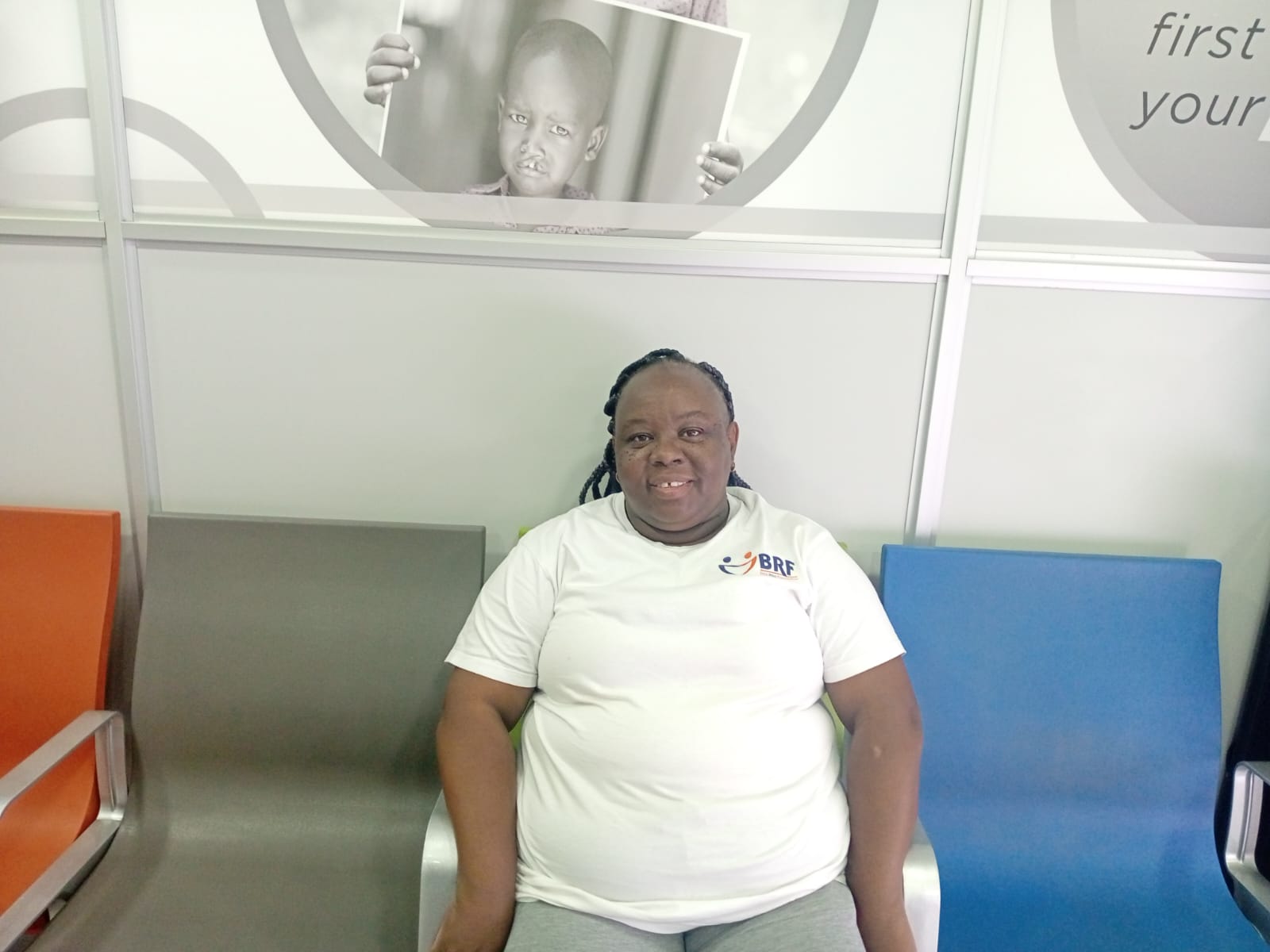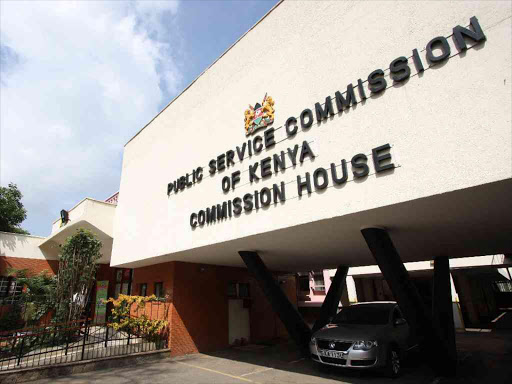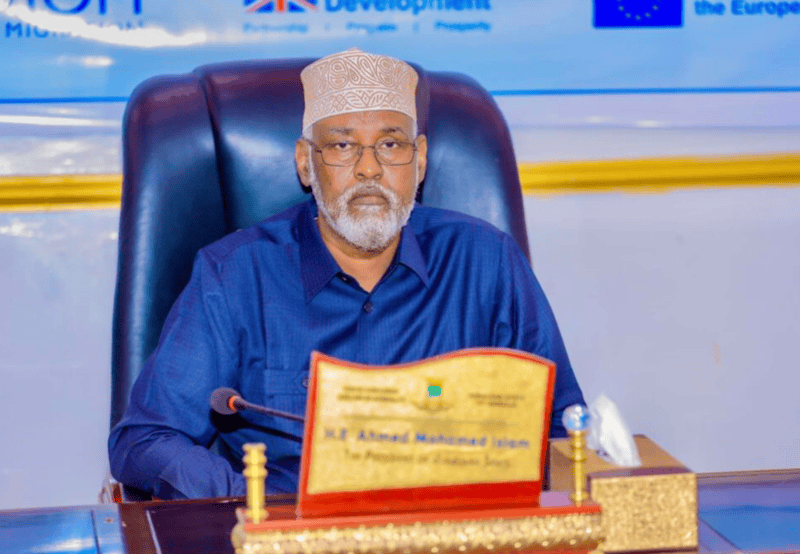Financial gaps threaten Kenya's healthcare goals – DP Kindiki
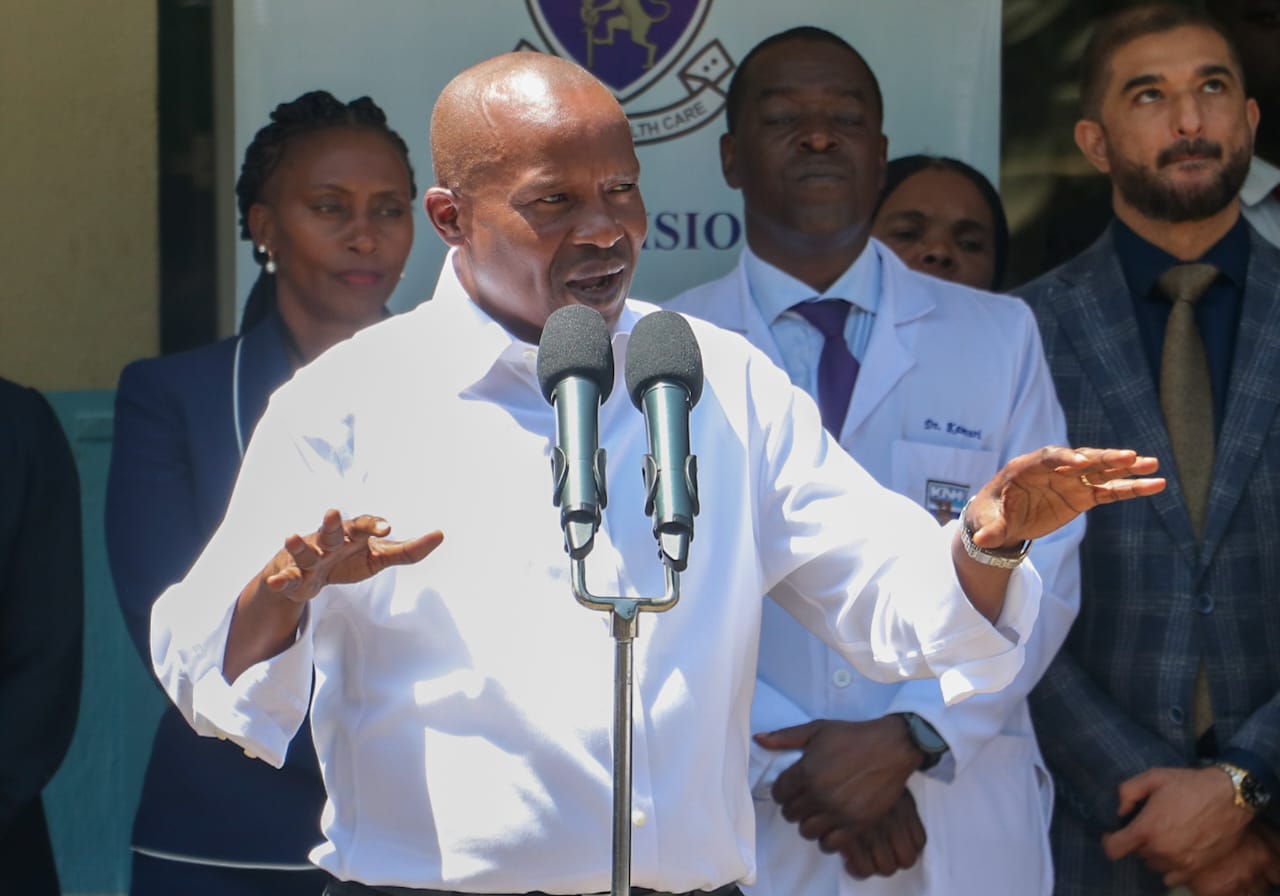
In response to concerns about delayed payments to Community Health Promoters, he assured that all stipend arrears would be cleared soon.
Financial hurdles are the primary challenge facing Kenya's public healthcare system, especially in funding Community Health Promoters (CHPs) as part of the government's Universal Health Coverage (UHC) programme.
Deputy President Kithure Kindiki during his recent visit to Kenyatta National Hospital (KNH), acknowledged that the allocated budget for healthcare remains insufficient to meet the needs of the program.
More To Read
- Boost for KMTC as President Ruto announces Sh600 million funding for staff recruitment
- Ministry of Health under scrutiny over Sh24 billion community health kits deal
- Health spending to rise by 6% in 2025 amid unmet universal healthcare targets
- Kibra community health promoters partner with varsity to improve healthcare delivery
Although Sh2.5 billion has been earmarked for CHPs, Kindiki explained that the total budget of Sh6.2 billion for primary healthcare falls short of the amount needed for full implementation.
He linked this funding gap to setbacks in revenue collection earlier in the year, compounded by the collapse of the Finance Bill, 2024, which was meant to raise Sh340 billion in additional revenue for various sectors, including healthcare.
"We are looking at ways of, if necessary, seeking a supplementary budget, but of course, resources permitting," Kindiki stated, stressing the challenge of inadequate funding.
Further complicating the situation, the failure of the Finance Bill has stalled plans for the Emergency, Chronic, and Critical Illness Fund, a key initiative under the UHC programme.
Deputy President Kithure Kindiki addresses the financial challenges facing the government's healthcare system, particularly regarding community health promoters (CFPs).
— The Eastleigh Voice (@Eastleighvoice) January 8, 2025
Kithure Kindiki: "The amount of money, may not be adequate, and therefore we are looking for ways. For… pic.twitter.com/muoPgB1X6X
This fund's rollout is now on hold as the government seeks alternative funding sources.
In response to concerns about delayed payments to CHPs, he assured that all stipend arrears would be cleared soon.
"Even those who missed December payments will receive their dues. CHPs will always be paid before the President, Governor, or even myself," Kindiki said.
Despite these financial setbacks, the Deputy President reported positive feedback from patients at KNH, particularly regarding faster service delivery and quicker bill approvals under the Taifa Care programme, which has now enrolled 17 million Kenyans.
However, he acknowledged that some administrative and technological issues remain a hurdle in the programme's smooth rollout.
"We are addressing these hiccups to ensure that service delivery is more efficient," Kindiki added.
The government is keen to ensure that UHC succeeds, learning from previous attempts that failed due to legal and administrative constraints.
The Deputy President confirmed that additional visits to hospitals across the country will take place to assess ongoing challenges and solutions, ensuring that the program's implementation improves.
Top Stories Today
